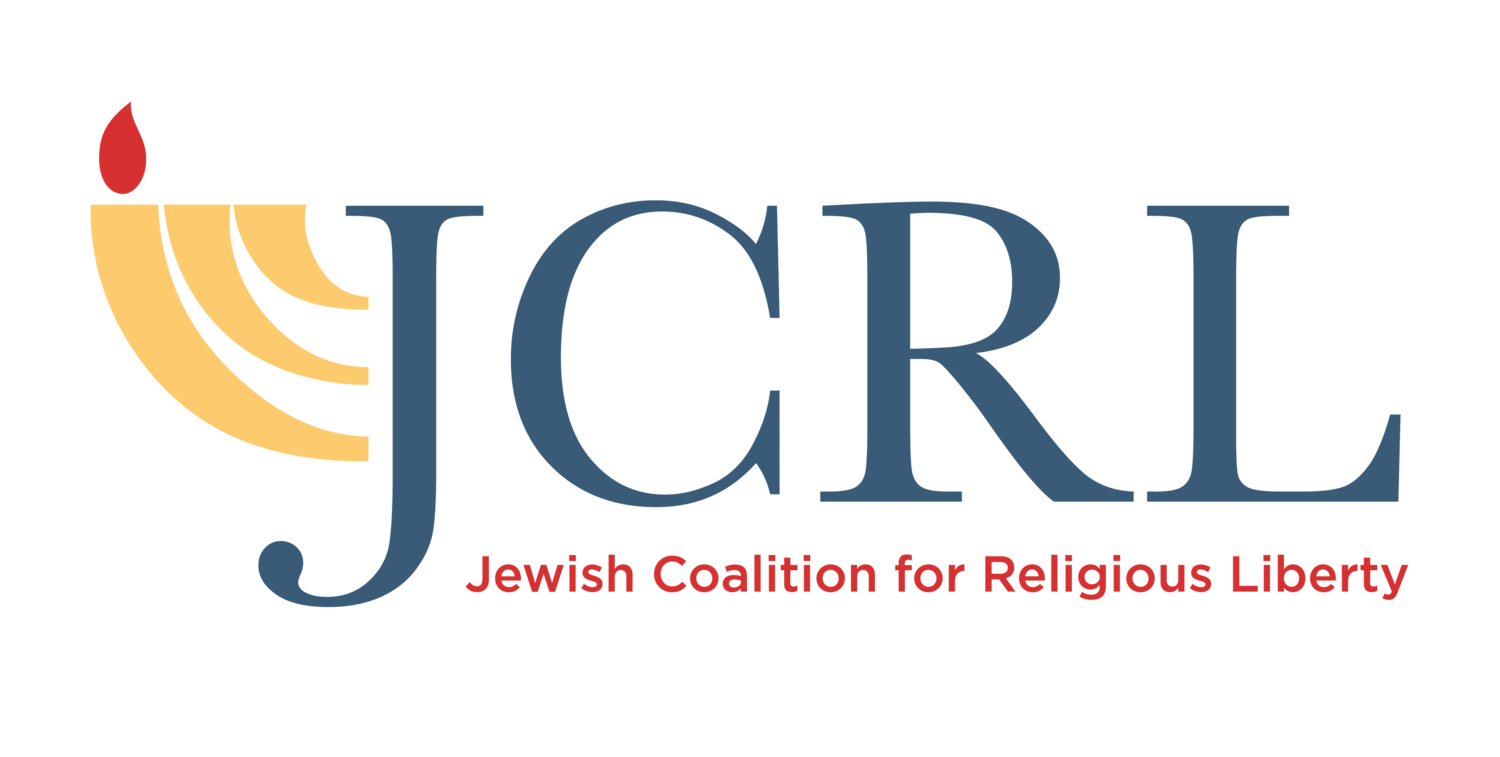Arlene’s Flowers v. State of Washington/Ingersoll
Barronnelle Stutzman has worked as a florist for nearly four decades. For nearly 10 years, she served her customer and friend, Respondent Robert Ingersoll, with that same artistic intensity. Barronelle knew Robert was in a relationship with a man, and Robert suspected Barronelle was a Christian. But that made no difference in how they treated each other. However, Barronelle declined to create a custom floral arrangements for Robert’s upcoming wedding to another man. She took Robert’s hands, told him she loved him, and explained that her relationship with Jesus Christ did not allow her to celebrate his wedding. Robert subsequently sued Barronelle for discriminating against him on the basis of his sexual orientation. The Washington Attorney General joined the suit.
The Ninth Circuit Court of Appeals ruled against Baronelle, and she appealed to the United States Supreme Court.
The Jewish Coalition for Religious Liberty joined an in support of her case, along the Washington State Catholic Conference, Imam Shahin, and the Ethics & Religious Liberty Commission. First, we explained that the creation and sale of custom floral arrangements to celebrate a wedding ceremony is artistic expression. Compelling Baronnelle to make the floral arrangement would violates the Free Speech Clause of the First Amendment. Second, we explained that compelled creation and sale of custom floral arrangements to celebrate a wedding against one’s religious beliefs violates the Free Exercise Clause of the First Amendment. Jewish merchants in the United States should have the right to operate their business, without the government intruding on their sincerely held religious beliefs, and forcing them to express views that conflict with their conscience.
The full brief is available for download here.
